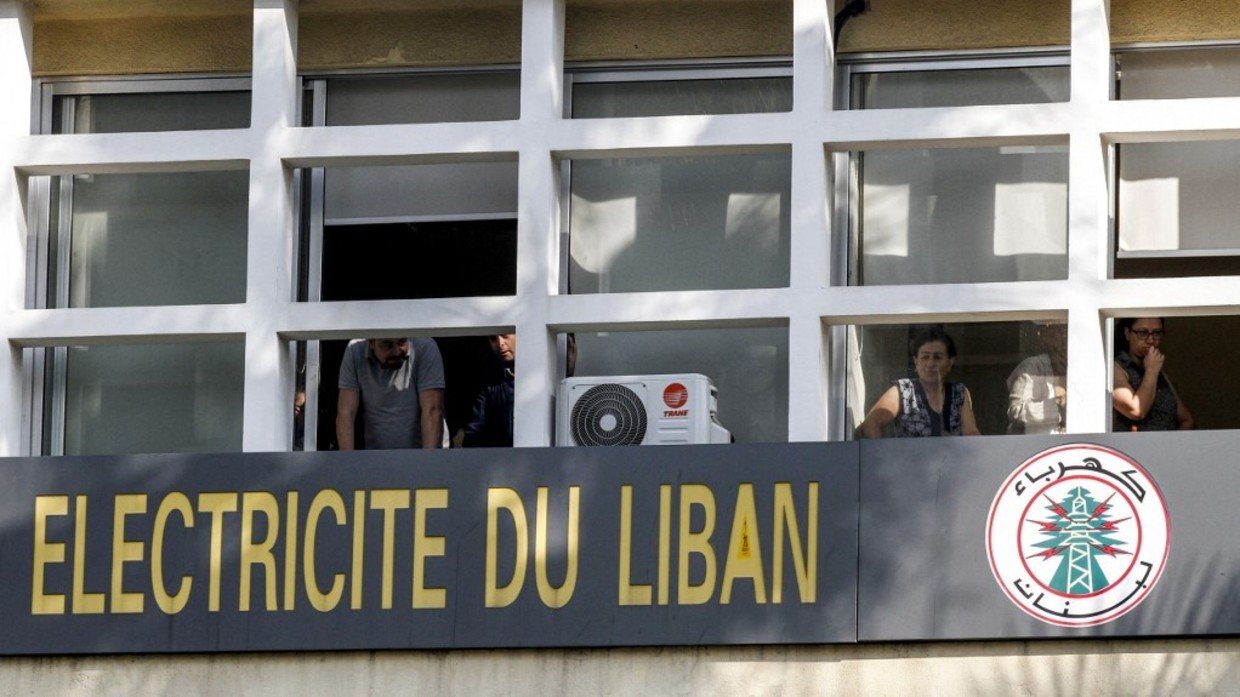Fuel shortages in Lebanon have forced President Michel Aoun to grant the state electricity company a loan of up to 300 billion Lebanese pounds ($200 million) so it can import supplies from abroad and avoid blackouts.
Lebanon has been hit by shortages of fuel and other crucial products due to a collapsed economy and huge debts estimated to be 174% of its GDP.
Aoun’s office announced the approval of the loan for Electricite du Liban (EDL) in a statement on Monday, saying that the move will make it easier for the provider to access funds. “President Aoun agreed to issue an exceptional approval to give the Electricite du Liban a treasury advance to purchase fuel, and thus the electricity crisis will ease,” the statement read.
MPs approved the loan in March, but it was then reviewed by a committee to ensure it was legally sound.
Also on rt.com ‘Prevent this kind of collective suicide’: France warns Lebanese politicians must end political deadlockThe loan will allow EDL to purchase fuel to use in its electric generators, which often experience supply shortages, resulting in blackouts.
Due to the overwhelming energy demand, power cuts have become a fact of life in Lebanon, with many people relying on privately-owned generators.
On Monday, it was reported that generator owners have said they will turn the power off for 3 hours at night and 2 during the day, beginning on Tuesday or Wednesday, due to fuel shortages. According to Reuters, this will mean just a few hours of electricity each day, with the possibility of complete blackouts.
The government has not commented on the likelihood of total blackouts, although the Minister of Telecommunications, Talal Hawat, on Monday promised the public that services will not be disrupted.
Also on rt.com Lebanon in danger of sinking like Titanic, says parliament speaker, warns ‘everyone will drown’ unless govt is formedThe internet and other communication lines will remain active as long as more fuel is secured, and the necessary funds are approved for the country’s broadband provider, Ogero, Hawat said.
Ogero chief Imad Kreidieh had warned on Sunday that fuel is “becoming scarce” amid increased demand, which “seriously threatens Ogero’s ability to provide services” if the situation is not resolved.
Lebanon’s GDP has plummeted from $55 billion in 2018 to approximately $33 billion last year, according to the World Bank.
The country’s economic woes have been compounded by a political crisis as caretaker Prime Minister Hassan Diab continues to struggle to form a government. Politicians have been in a stalemate about how to move forward after Diab’s administration resigned in the wake of the deadly Beirut Port explosion last year.
Think your friends would be interested? Share this story!

